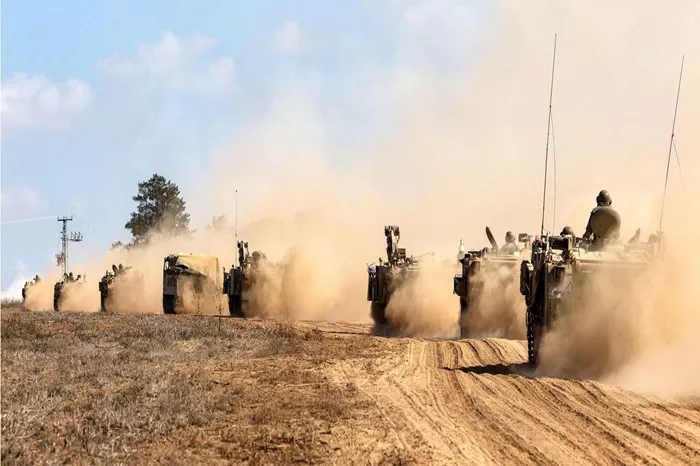The U.S. Federal Reserve recently reduced interest rates, and the European Central Bank followed suit, acknowledging the easing of inflationary pressures. However, this trend may shift if violence in the Middle East escalates.
On Monday, Brent crude oil prices surged above $80 per barrel, fueled by reports indicating a potential swift response from Israel to last week’s missile attacks from Iran. West Texas Intermediate oil also saw a rise, nearing $77 per barrel. By early Tuesday, while the prices dipped slightly, the upward momentum remained intact. Should this trend continue, consumers could soon face increased gasoline prices and a rise in costs for various goods.
Israel has yet to respond, but analysts widely agree that action is inevitable. Tel Aviv cannot afford to ignore Iran’s assault, just as Iran cannot overlook Israeli strikes on its territory. The crucial questions are how severe Israel’s response will be and whether it will target Iranian oil infrastructure.
As analysts speculate on these developments, oil prices continue to climb. “While the national average dipped slightly in the last week, Iran’s attack on Israel has at least temporarily caused oil prices to surge to the highest level in months, which could halt recent declines and lead to rising gas prices for many Americans,” noted Patrick De Haan from GasBuddy.
According to AAA data, the national average for gasoline prices is currently lower than last week’s average, but this could change as the week progresses. The potential for a sustained rally exists, particularly if the Israel-Iran conflict disrupts Iranian oil production.
Targeting Iran’s oil industry makes strategic sense for Israel, as it is a vital sector for the Iranian economy, even under U.S. sanctions. However, such an attack would have global ramifications, impacting the U.S. economy, where higher gasoline prices could be politically detrimental for Democrats ahead of the November elections.
Some analysts suggest that OPEC‘s spare production capacity may mitigate the situation. According to a recent note from ANZ, OPEC has approximately 7 million barrels of spare production capacity that could be activated to address any disruptions in Iranian oil supply.
However, this assumption hinges on the idea that OPEC members will respond promptly to a potential supply disruption. This expectation may be overly optimistic, as OPEC has deliberately curtailed production in recent years to maintain higher prices. While OPEC would eventually respond to a disruption, immediate action is unlikely.
As tensions rise in the Middle East, the West is reminded of crude oil’s critical role in the global economy, even as many countries pursue cleaner energy alternatives. Oil prices remain a significant driver of inflation and a key factor in overall economic health.
As columnist Jamie McGeever highlighted, “There’s barely any corner of the economy that oil doesn’t reach. It heats homes and businesses, powers factories and every means of transport, and is a key input in the production of chemicals, plastics, materials and all manner of goods.” When oil prices increase, the cost of everything else typically follows suit.
Related topic:
What Colour Is No. 2 Fuel Oil?

